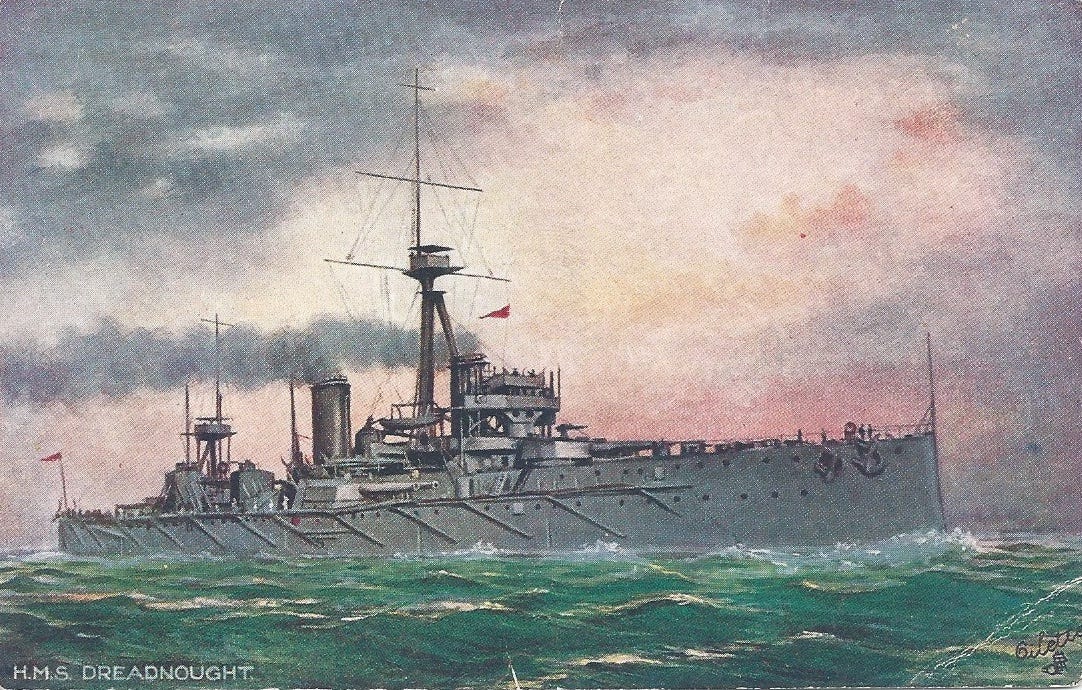Lead with Courage
It is all too easy to succumb to fear. To be effective, courage requires action.

“Great self-destruction follows upon unfounded fear.”
— Ursula K. Le Guin, 2008
Courage is the virtue we praise most loudly and practice least often. It is one of the lynchpins in Aristotle’s ethical system (the others being prudence, justice, and temperance).
It appears in political speeches as a kind of stage prop, a word invoked to lend gravitas to policies hedged with cowardice. Corporate mission statements claim it as a “core value,” though rarely at the expense of a quarterly report.
Yet courage, properly understood, is not a posture or a marketing asset. It is the willingness to hazard one’s body, reputation, or fortune against the odds, knowing that fear cannot be eliminated but merely mastered.
“Courage is resistance to fear, mastery of fear — not absence of fear.”
— Mark Twain, 1893



